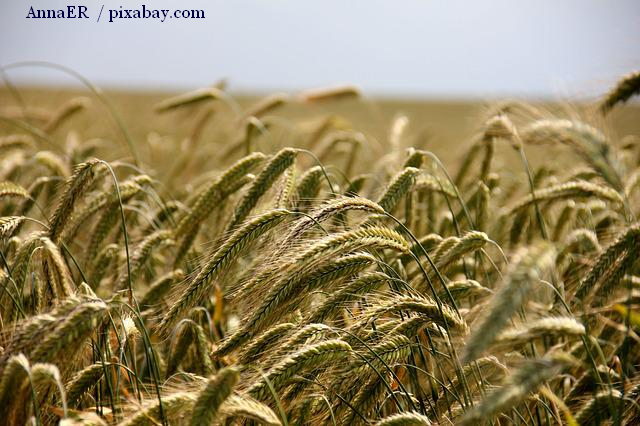Romania and the Ukrainian agricultural products
Bucharest has not banned imports of Ukrainian cereals.

Leyla Cheamil, 24.04.2023, 13:50
The Russian-Ukrainian war also creates controversy from the point of view of the agricultural products from the neighboring country. Due to the armed conflict that led to the blocking of some trading routes, Ukraine was forced to call for the help of European countries. Since the beginning of the Russian invasion, as of February 2022 until now, Kiev has increased its exports through its three ports on the Danube up to 1.5 million tons of grains per month. The farmers from Romania as well as from other countries in Eastern Europe are affected by the cheap imports, stating that they are almost on the verge of bankruptcy, as they cannot face this competition. Romanian farmers, who have recently staged protests, accuse that their losses amount to more than 200 million Euros due to grain imports from Ukraine, which are cheaper by about 100 Euros per ton. In a letter addressed to the European Commission, five countries, namely Romania, Poland, Hungary, Slovakia and Bulgaria, requested additional support for farmers affected by the cheap Ukrainian agricultural products, as well as the reintroduction of customs duties on agricultural products from Ukraine.
Subsequently, four of them, Poland, Hungary, Bulgaria and Slovakia, announced the suspension of imports of cereals and other agricultural products from that country. Romania is the only country neighboring Ukraine that still allows the import of agricultural products from Ukraine. However, the Romanian authorities have started to control the quality of cereals entering the country, to seal and monitor the shipments in transit. The Prime Minister Nicolae Ciucă said that Bucharest did not decide to block imports of agricultural products from Ukraine because, when adopting measures in the current context, we should take into account the entire set of consequences that these measures produce.
In his turn, the Romanian Agriculture Minister, Petre Daea, met, last week, with his Ukrainian counterpart, Mikola Solski, with whom he agreed to keep in touch, weekly, in relation to the amounts of cereals that are to leave Ukraine, in an attempt to limit imports. Petre Daea insisted that it is important that any decision regarding the restriction of Ukrainian imports be made by common agreement with Brussels and not unilaterally, as Poland, Hungary, Slovakia and Bulgaria did. “These decisions had to be lifted so that the Commission could intervene to establish the rules to protect our farmers, and we have also shown solidarity with the farmers from other countries,” minister Daea added. The European Commission has announced that it will provide farmers in Central and Eastern Europe, affected by the inflow of cheap agricultural products from Ukraine, with an additional aid of 100 million Euros. The possibility of banning the import of certain categories of products from Ukraine was also mentioned. (LS)






























